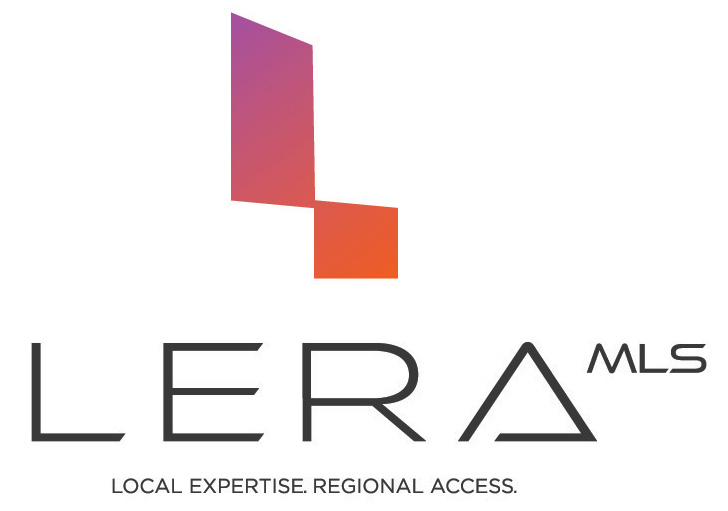Buyers FAQ's
Home Buyer FAQ – Your Top Questions Answered
Thinking about buying a home? You’re not alone—these are today’s most common questions buyers ask (and the answers you need).
1. How much do I need for a down payment?
Most buyers put down 3%–20% depending on the loan program. FHA loans may require as little as 3.5%, and VA/USDA loans often require no down payment. A larger down payment lowers your monthly mortgage and may help you avoid private mortgage insurance (PMI).
2. What credit score do I need to buy a home?
Most conventional loans require a 620 credit score or higher. FHA loans can go as low as 580, and VA loans don’t have a strict minimum (though most lenders prefer 620+). The higher your score, the better your interest rate.
3. What are closing costs and how much are they?
Closing costs usually run 2%–5% of the home’s purchase price. These cover items like lender fees, title insurance, appraisal, and escrow. In some cases, sellers or lenders may offer credits to help reduce your out-of-pocket costs.
4. Should I buy now or wait for interest rates to drop?
If the home is right for you and it fits your budget, buying now often makes sense—you can always refinance later if rates drop. Waiting may save you on interest, but home prices could rise in the meantime.
5. How long does it take to buy a home?
From accepted offer to closing, the process usually takes 30–45 days. Factors like new construction, appraisal delays, or credit preparation can extend the timeline.
6. Do I need a real estate agent to buy a home?
Not legally—but a great agent protects you through negotiations, contracts, and guides you on what inspections you may need. Best of all, your agent’s commission could be negotiated to have the sellers broker pay the commission, so it could be less costs for you if negotiated properly!
7. What’s the difference between pre-qualification and pre-approval?
-
Pre-qualification is an estimate based on information you provide.
-
Pre-approval means a lender has verified your finances, giving you stronger buying power.
A pre-approval letter makes your offer far more competitive in today’s market.
8. How do I know what home I can afford?
Lenders use a debt-to-income ratio (DTI) to determine affordability. A good guideline is to keep your monthly housing costs (mortgage, insurance, taxes, HOA if any) at 28–30% of your gross monthly income.
9. What inspections should I get?
A general home inspection is strongly recommended. Depending on the property, you may also need termite, radon, foundation, septic, or roof inspections. Inspections protect you from costly surprises later.
10. Is buying better than renting right now?
If you plan to stay in a home 3–5 years or more, buying usually makes more sense since you build equity and lock in monthly payments. Renting offers flexibility, but your money isn’t going toward ownership.
?? Thinking about buying a home??
I’d be happy to walk you through your options, answer your questions, and show you today’s best opportunities.




